A joint mission of NOVACT and the International Catalan Institute for Peace (ICIP) has traveled to the conflict to gather support and document citizen resistance initiatives, which will be captured in a series of videos.
There are other ways to act in a war rather that to take up arms. Unfortunately, often these initiatives are buried amid the roar of fighting and the indiscriminate violence unleashed in a war. The Ukrainian war is the latest example. In a scenario of armed conflict, part of the organized population has opted for nonviolent civil resistance in response to the Russian war and occupation.
To get to know in first hand and give visibility to these citizen initiatives, NOVACT and the Institut Català Iternacional per la Pau (ICIP) have carried out a combined mission in Ukraine, where they have been able to grasp on the ground this alternative route of commitment to the peace based on human rights and nonviolent civil resistance.
Last month, April, for two weeks the researcher Felip Daza and the photographer and camera operator Lorena Sopena went to the conflict and interviewed almost fifty nonviolent agents, with the objective of document experiences and initiatives of resistance.
"Basically, what we have found in Ukraine is a great organization of civil society, a solidarity between organizations, activists and political and civil agents from all over the country, which has been expressed in various ways: from the establishment of systems of protection, evacuation and relocation to actions of monitoring war crimes or psychosocial support to those affected by the war, among others”, Felip Daza tells Xarxanet and Nonprofit.
Following this trip, ICIP and Novact have produced a series of videos addressing issues such as the investigation of war crimes, community organization and the role of feminist movements in Ukraine. These audiovisual pieces will serve to publicize initiatives beyond weapons. A report on the various initiatives and a document with recommendations will also be prepared and presented to the European Parliament.
A project to make non-violent resistance experiences visible
The mission of the two Catalan entities in Ukraine was set with specific objectives. The first is to make non-violent civil resistance visible, as a possible and effective alternative in situations of the magnitude of an armed war.
"Experience is showing that civilian management of crisis is possible. We have seen a very sophisticated and effective popular organization in terms of maintaining morale and community resilience, but also to undermine and weaken the military plans of the Russian occupation.”, agrees Daza, which counts about a hundred non-violent initiatives and actions that have been identified since the beginning of the war.
Among them, the researcher highlights what happened in Slavutich, for example, where the expression of the popular demonstration in front of the Russian tanks forced a negotiation process that culminated in the withdrawal of the invading troops.
There are others, such as actions to change traffic signs to disorient the occupant, the creation of information systems to identify roads and paths to allow the entry of humanitarian aid or the construction of structures of protection for the evacuation of activists threatened by repression, among many others.
Another objective of the mission was to identify ways of support to these initiatives that can be done in a pacific way, the civil society and the Catalan, Spanish and European administrations. "We believe that it is necessary to give all possible support to these civilian actions in response to the occupation, leaving aside military action," said Daza.
In this regard, NOVACT has launched a crowd founding campaign to provide financial support to various organizations, including the 5AM Coalition, which consists of sixteen human rights organizations that collect evidence and document war crimes and crimes against humanity perpetrated by the Russian army and other armed agents of the conflict.
War crimes that have been verified first-hand in this mission. “We have seen these violations directly; In Sumi, for example, there were attacks and bombings in a residential area, where there was no strategic target, in which about twenty people were killed, "said the NOVACT researcher, who emphasized the brutal repression of activists in the occupied areas and highlights the work in the field of reporting organizations such as the 5AM Coalition, Tribunal for Putin or Opora.
Local and community resistance to confront the occupation
During the nearly two weeks they were in Ukraine, the ICIP and NOVACT mission have been able to better understand how civil resistance organizes and expresses to the invasion. "The history of the Ukrainian people shows us that it knows how to resist, although it is true that in this case the resistance has not been articulated on a national scale, but rather in actions focused at local and territorial level, and many arise spontaneously. "But that doesn't stop them from being effective," said Daza.
These outbreaks of local resistance have risen in many parts of the country, including Kherson, Melitopol, Odessa and Chernivtsi, among many others. In the occupied areas, for example, the non-cooperation with the occupier has played a key role in hindering the establishment of a pro-Russian administration. In addition, Daza says that in these areas, the resistance has gone from being public to being more invisible in order to avoid fierce repression against non-violent activists.
Women play a fundamental role in these resistance movements. In terms of care work, for example, with organizations such as the Centre for Women’s Perspective, which does a very important job and has created a network of psychosocial support for women victims of sexual violence. Also in terms of evacuation tasks, which have been led by organizations such as the International Women's League for Peace and Freedom, which are present in the hottest areas of the conflict.
Without going any further, the protagonist of one of the videos in which the project has been successful is a woman who is coordinating all the humanitarian work that has been carried out during the weeks of harassment in Sumi. "We witnessed how she contacted and exchanged information with other women in Kherson and Melitopol to find out how the resistance to the occupation was being organized there and to prepare in case Russian troops occupied Sumi," describes the NOVACT researcher.
A more effective alternative than the military way
First of all, a question: is it illusory to propose pacifist and non-violent actions in a context of indiscriminate crimes, mass exoduses and maximum violence such as the situation experienced in Ukraine? The experience of Ukraine shows that, in the face of military support and the sending of weapons from the West, non-violent resistance to confront the occupation has become an effective alternative.
This is not the first time this has happened. Daza recalls that there are many reports and studies that show that nonviolent action and civil disobedience are effective for conflict transformation or the fight against authoritarian regimes.
However, the researcher warns that the military industry is very powerful and it has powerful information systems and speakers that want to show that in a war situation the only option is to fight with weapons. "Whoever discredits the non-violent struggle is because they have interests on the other side" he said.
However, if we take a look at what is happening in Ukraine, Daza is clear: “What we are seeing is that non-violent action is more effective than military action to protect the population and fight the invasion and also to create spaces for dialogue and interpellation with the adversary ", he points out, and insists: "these movements are being able to face the third most powerful army in the world, and we think that all this is not being told enough ”.
In addition, he believes that the pacifist movements from Europe have not been enough ground to build peace and it has lost opportunities to prevent conflict, for example, by supporting human rights and human rights and peace movements inside Russia.
Therefore, one of the purposes of the project is also to capitalize on the experience of Ukraine so that it can be used for other struggles. "We need to accumulate more experiences of nonviolent action in the context of armed warfare, but the case of Ukraine shows us that not only is a possible alternative route to weapons, but it can be more effective than the military." concluded Felip Daza.
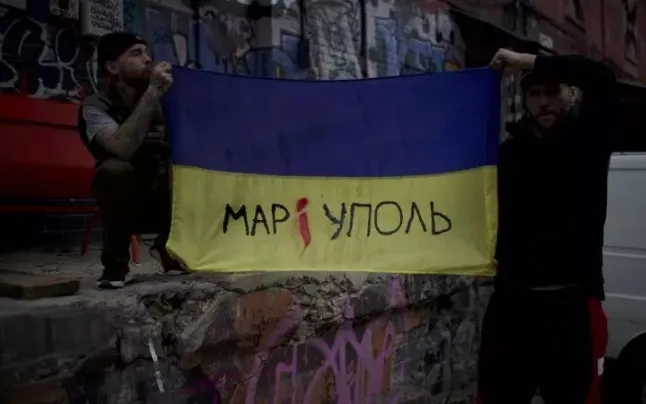
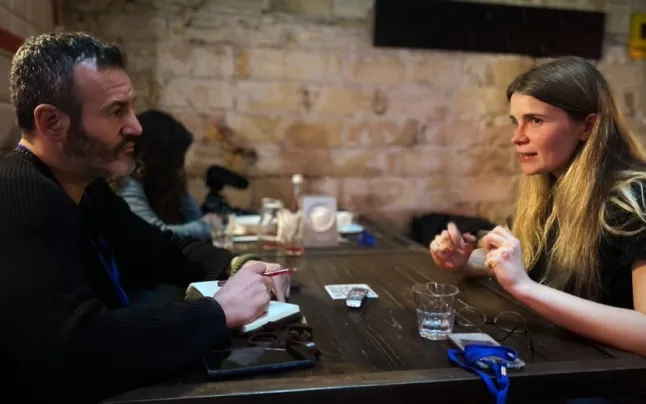
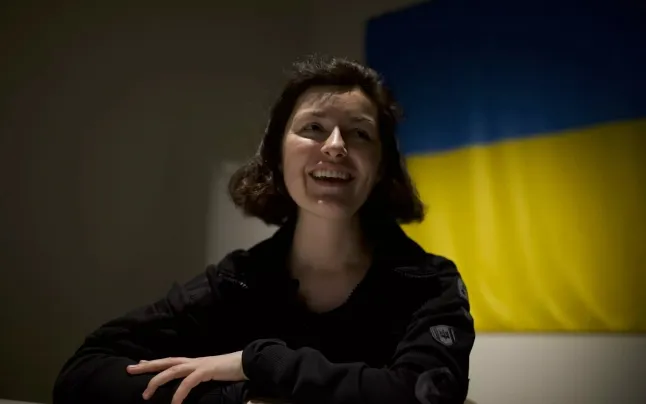



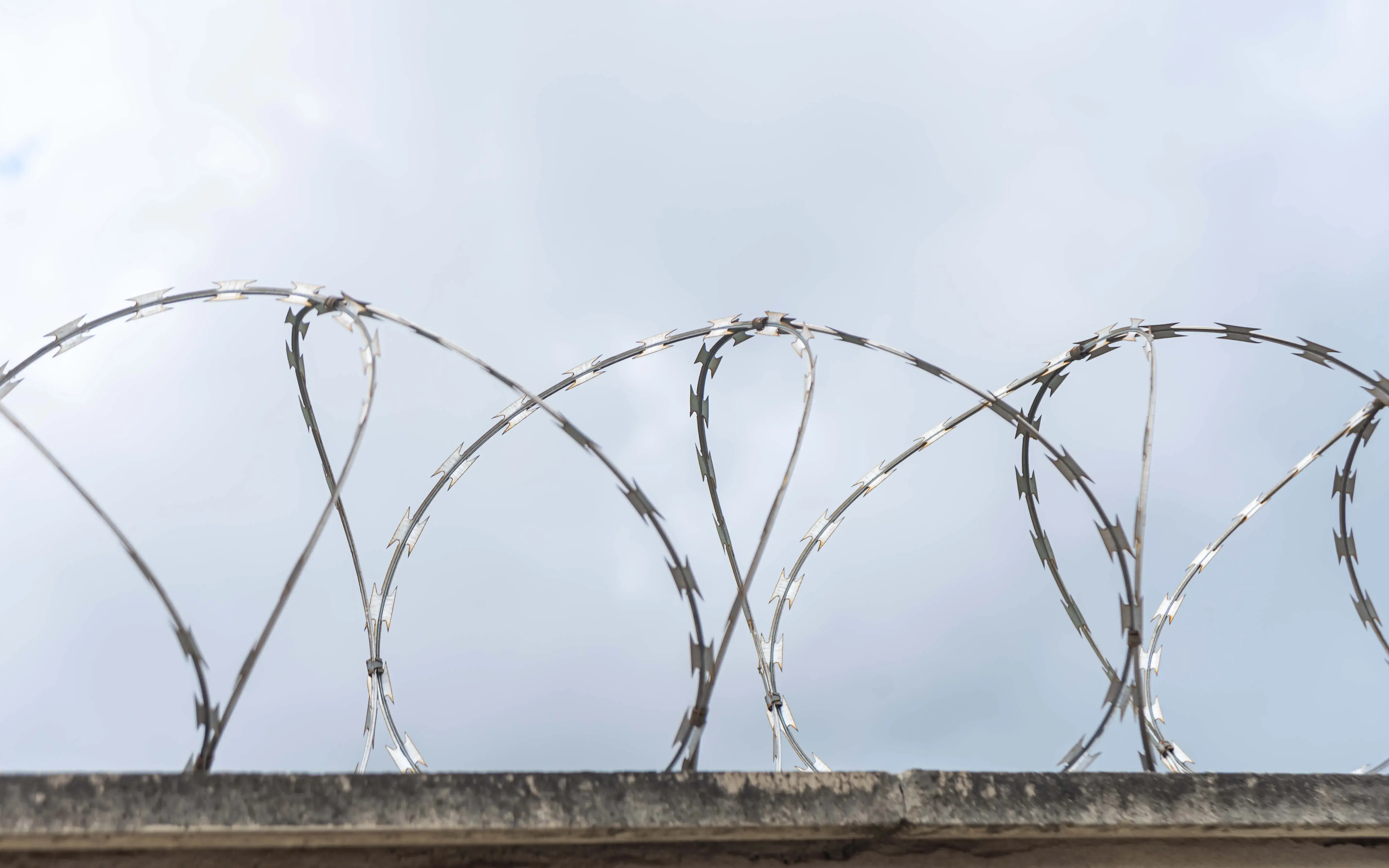
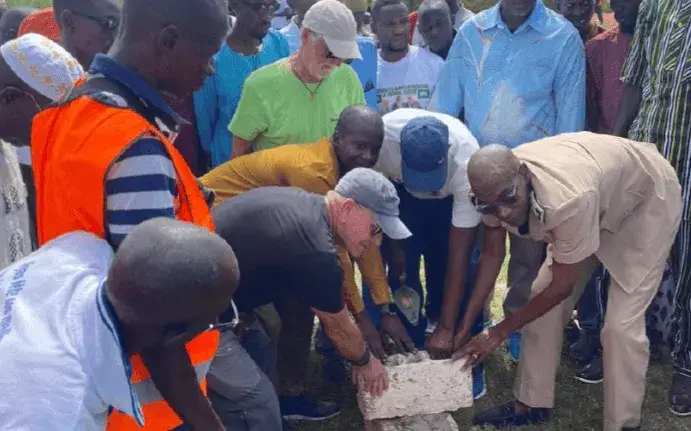

Add new comment